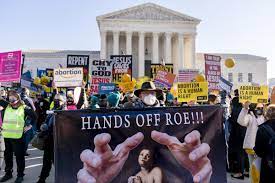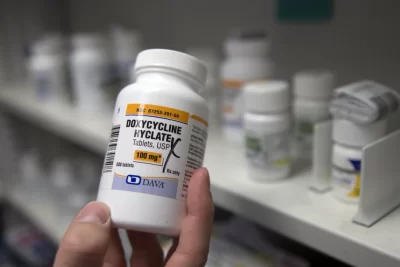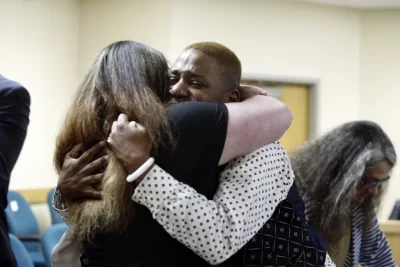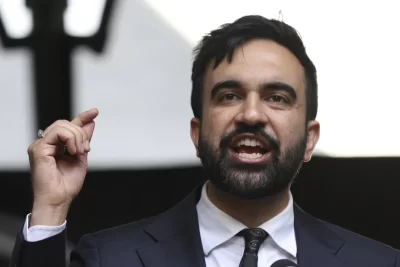
TOPEKA, Kan. — The recent Alabama Supreme Court ruling that frozen embryos are legally protected children is highlighting how support for the idea that a fetus should have the same rights as a person underpins far less dramatic laws and proposals from abortion foes across the U.S.
Lawmakers in at least six states have proposed measures similar to a Georgia law that allows women to seek child support back to conception to cover expenses from a pregnancy. Georgia also allows prospective parents to claim its income tax deduction for dependent children before birth, Utah enacted a pregnancy tax break last year, and variations of those measures are before lawmakers in at least four other states.
Including legislation that makes harming or killing a fetus a crime, several dozen proposals falling under the broad umbrella of promoting fetal personhood are pending in at least 15 states, according to an Associated Press analysis using the bill-tracking software Plural.
The Alabama court decision spotlighted the anti-abortion movement’s longstanding goal of giving embryos and fetuses legal and constitutional protections on par with those of the women carrying them. But abortion rights advocates see proposals granting even limited protections to embryos and fetuses as potentially having broader implications.
ALABAMA EMBRYO RULING
“Any law that applies to a human could then be deployed with regard to fetuses,” said Melissa Murray, a professor at the New York University School of Law. “The whole array of statutory law and constitutional law is available.”
Abortion opponents argue that proposals on income taxes or child support — or state aid to anti-abortion centers that provide services during pregnancy and after birth — are driven by compassion for vulnerable women and girls. The help could persuade some not to terminate pregnancies, abortion opponents contend, but their tax and child support proposals also would help women and girls who never consider abortion.
“The main goal is just to help provide support for mothers and families who need extra support here and then provide support to those who are also helping them, such as the pregnancy resource centers,” said Lucrecia Nold, who lobbies for the Kansas Catholic Conference.
A Kansas House committee held a hearing earlier this month on the child support proposal, and a bill to allow prospective parents to claim the state’s $2,250 dependent income tax deduction before a child’s birth is before a Senate committee. Lawmakers are expected to discuss both in coming weeks.
Kansas is an outlier among states with Republican-controlled Legislatures because of a 2019 state Supreme Court decision declaring that the Kansas Constitution protects access to abortion as a matter of a fundamental right to bodily autonomy. Lawmakers put an amendment on the ballot to explicitly declare that the constitution doesn’t grant a right to abortion — allowing them to greatly restrict or ban the procedure — but voters soundly rejected it in August 2022. It was the first of seven state votes affirming abortion rights after the U.S. Supreme Court’s Dobbs decision allowing states to ban abortion.
But Kansas also has had a law since 2007 that allows people to face separate charges for crimes against fetuses, including capital murder, vehicular homicide and battery, and it hasn’t been challenged. A 2013 state law declares that life begins at fertilization and “unborn children have interests in life, health and well-being that should be protected,” but it’s not been enforced as a limit on abortion.
Brittany Jones, an attorney and policy director for Kansas Family Voice, which opposes abortion and sought the child support measure, said the state Supreme Court didn’t care about those laws when it ruled in 2019.







